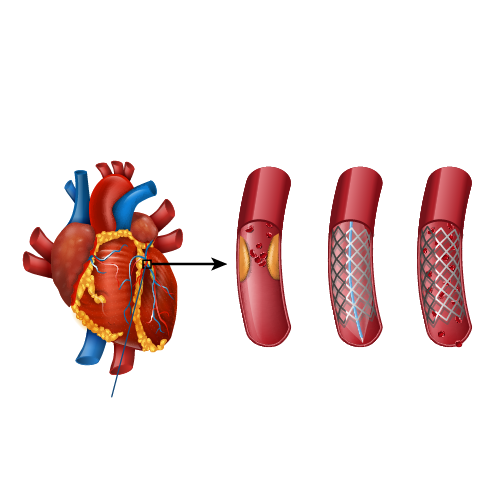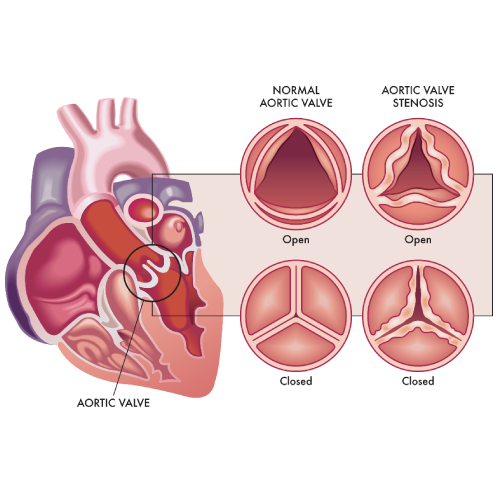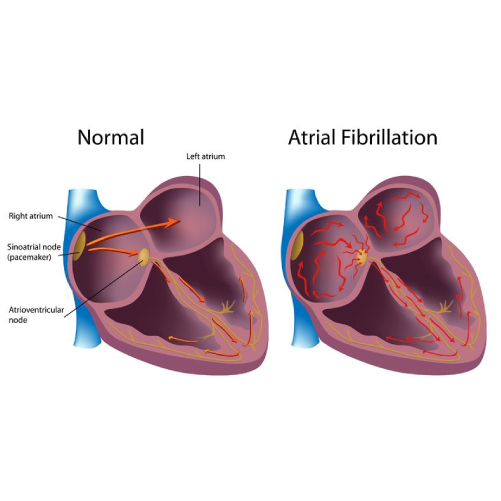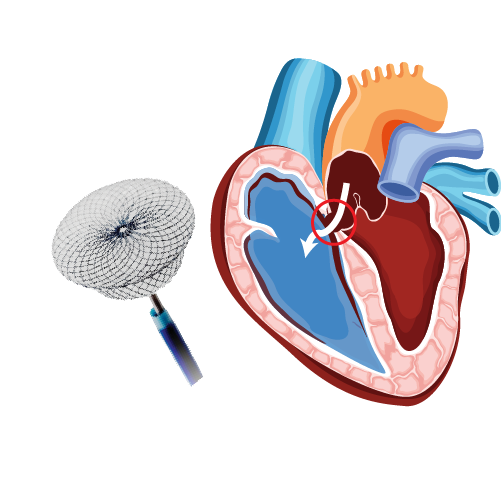How Does Workplace Stress Cause Cardiovascular Disease?

Workplace stress is a common experience among employees across various industries and sectors. Simply put, it is a psychological, emotional, and physical response to the demands and pressures of work.
According to the American Institute of Stress, work-related stress is one of the leading causes of chronic stress in the United States. Workplace stress can have detrimental effects on an individual’s health and well-being, including the development of cardiovascular disease, making it crucial to seek heart disease treatment at the right time.
In this article, we will explore the link between workplace stress and cardiovascular disease.
Causes of Workplace Stress
Various factors can contribute to work-related stress, including job demands, workload, lack of control, poor relationships with coworkers and supervisors, job insecurity and uncertainty, and more. Job demands and workload refer to the volume and complexity of tasks assigned to employees. Employees who experience high job demands and workload may feel overwhelmed and stressed.
Lack of control refers to the degree of autonomy and decision-making power an employee has in their work. Employees who feel they have little control over their work may experience stress. Poor relationships with coworkers and supervisors can also contribute to stress at the workplace, as social support is an essential buffer against stress.
Job insecurity refers to the fear of losing one’s job or uncertainty about the future of their employment. It is one of the most common causes of work-related stress, particularly in an era of mass layoffs in Big Tech companies. Other factors contributing to workplace stress include long work hours, low pay, and lack of work-life balance.
How Workplace Stress Affects the Cardiovascular System
The cardiovascular system includes the heart, blood vessels, and blood. When an individual experiences stress, their body releases stress hormones, including adrenaline and cortisol.
These hormones prepare the body for the “fight or flight” response, which includes increased heart rate, blood pressure, and breathing rate. Prolonged activation of the stress response can lead to chronically elevated levels of stress hormones, which can damage the cardiovascular system.
Stress hormones can cause vasoconstriction, or narrowing of the blood vessels, which increases blood pressure and places additional strain on the heart. Chronic vasoconstriction can lead to atherosclerosis, a condition in which the arteries become hardened and narrowed due to plaque buildup.
Moreover, chronic stress can increase inflammation and oxidative stress, which can contribute to the development of atherosclerosis and other cardiovascular conditions. Oxidative stress can cause plaque in the arteries to break away and restrict blood flow to the cardiac muscles, resulting in a heart attack.
Prevention and Management of Workplace Stress
While work-related stress may not be entirely preventable, dealing with it the right way is crucial for maintaining heart health. Here are some strategies that employees and employers can use to manage stress and reduce its impact on the heart:
- Identify and address the sources of stress: Employers can conduct surveys or focus groups to identify the sources of workplace stress and take steps to address them. Employees can also identify their sources of stress and take steps to manage them.
- Promote work-life balance: Employers can offer flexible work schedules, telecommuting options, and paid time off to promote work-life balance. Employees can also set boundaries between work and personal life and prioritize activities that promote relaxation and stress relief.
- Encourage physical activity: Employers can promote physical activity by offering gym memberships or on-site fitness classes. Employees can also incorporate physical activity into their daily routine, such as walking during lunch breaks or using the stairs instead of the elevator.
- Practice stress management techniques: Employers can offer stress management training and resources, such as mindfulness or relaxation exercises. Employees can also practice stress management techniques on their own, such as deep breathing, meditation, or yoga.
- Provide social support: Employers can encourage social support within the workplace by promoting team-building activities and creating opportunities for employees to connect with one another. Employees can also seek social support from friends, family, or support groups.
- Seek professional help: Employers can provide employee assistance programs (EAPs) that offer counseling and psychotherapy services. Employees can also seek help from mental health professionals if they are experiencing chronic stress or stress-related health problems. It is also a good idea to encourage employees to visit heart disease specialists for regular health screenings.
By implementing these strategies, employers and employees can work together to deal with stress and minimize its impact on heart health.
Key Takeaways
Workplace stress is a prevalent issue that can have significant consequences on an individual’s health and well-being and lead to the development of cardiovascular disease. Employers and employees can work together to identify and address the sources of stress, promote work-life balance, and practice stress management techniques. It is essential to prioritize heart disease treatment and seek medical help when experiencing chronic stress or stress-related health problems to prevent long-term cardiovascular damage.
Dr. C Raghu is one of the best cardiologists in India who specializes in interventional cardiology. He is often regarded as the best heart doctor in Hyderabad. If you or anyone you know is struggling with heart disease due to work-related stress, feel free to reach out to Dr. Raghu today.
Book Online Consultaion
How Does Workplace Stress Cause Cardiovascular Disease?
– Blog
Subscribe the Hearty Life Blogs

DR. RAGHU | Best Cardiologist in Hyderabad
Cardiology Coronary, Vascular and
Structural Interventions
Conditions & Diseases

Angioplasty

Aortic Stenosis

Atrial Fibrillation






